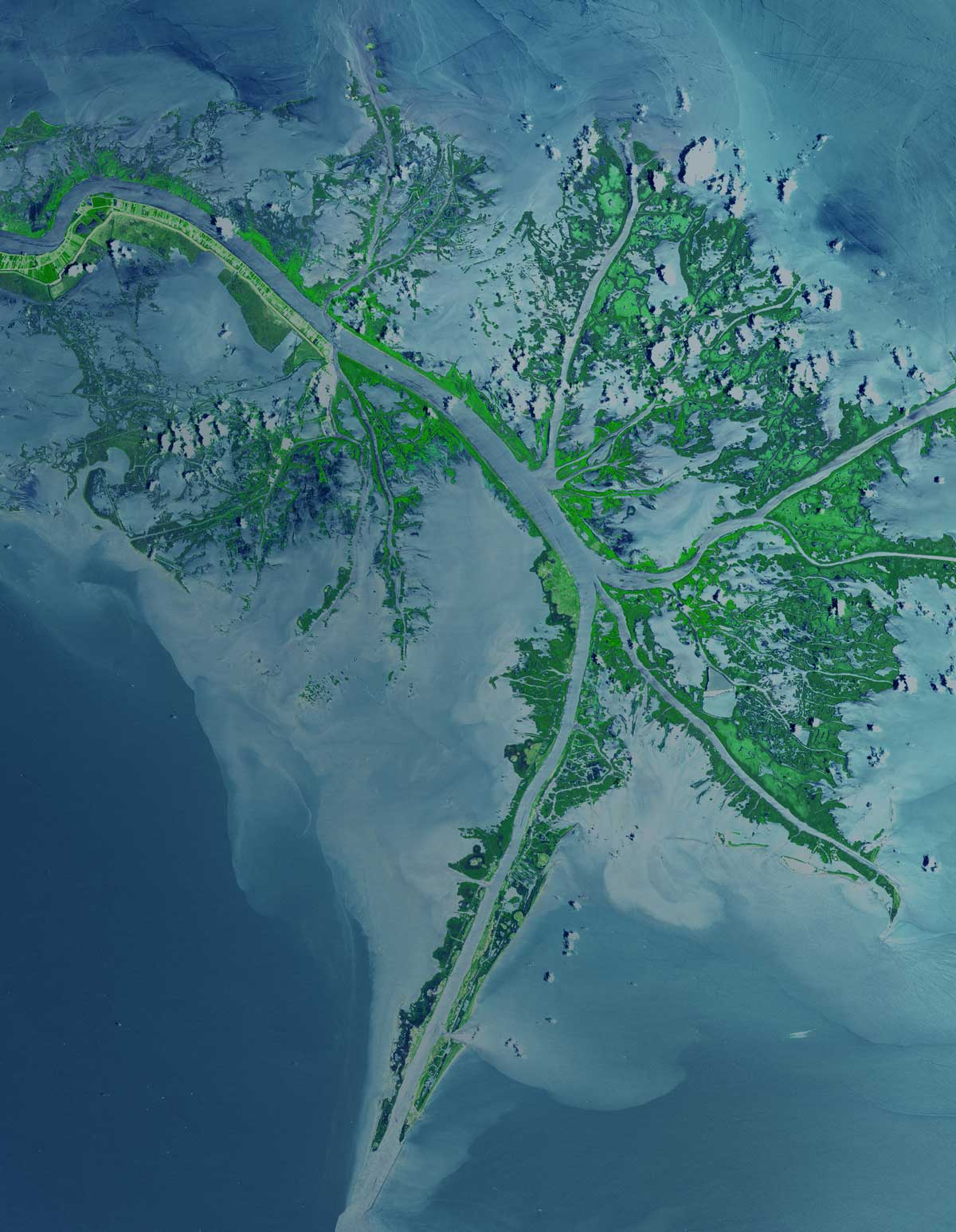The ACR methodology Restoration of Degraded Deltaic Wetlands of the Mississippi Delta v2.0 is inactive and ineligible for crediting new projects on ACR. ACR has determined that the methodology requires updates to measurement, monitoring, reporting and verification requirements to be consistent with the current version of the ACR Standard.
Read more
Methodology History
The methodology details requirements for greenhouse gas emission reduction accounting from wetland restoration activities implemented on degraded wetlands of the Mississippi Delta. The methodology quantifies increased carbon sequestration in aboveground biomass, belowground biomass, and soil organic carbon over and above the baseline scenario. Increases in CO2, methane or nitrous oxide, if significant and attributable to the project activity, must be quantified and deducted from net emission reductions.
This methodology has been revised from its original publication in order to provide equations to quantify the greenhouse gas emissions resulting from the degradation and erosion of the wetland soil horizon, specifically the top 50 cm.
The modular format provides flexibility for numerous types of wetland restoration projects including those that require hydrologic management, as well as allowing Project Proponents to select whether wetland loss will be included in the baseline. By including hydrologic management as a restoration technique the methodology addresses the broader issues of diffuse pollution and nutrient management by sustainably managing nutrient-rich waters as a resource for wetland restoration.
The methodology was developed by Dr. Sarah K. Mack of Tierra Resources LLC, with contributions from Dr. Robert R. Lane and Dr. John W. Day, and with funding from Entergy Corporation. The methodology may in the future be expanded to wetland restoration in other regions, and other wetland restoration practices.
Structure and previously approved versions
The Wetland Restoration Methodology Framework module, WR-MF-WL_v2-0, provides the generic functionality of the methodology, indicates which other modules are mandatory and optional, and contains the final calculation of Emission Reduction Tonnes (ERTs). WR-MF constitutes, together with the modules and tools it calls upon, a complete wetland restoration baseline and monitoring methodology. An Errata and Clarification document has also been published and required for use with the current version of the methodology.
Included underneath WR-MF are:



